The club’s managerial woe is a tough lesson in business continuity
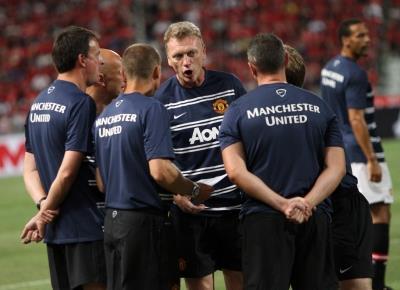
Ensuring business continuity is a complex risk dependent on variables that are not always predictable. Some companies are more adept than others at handling operational threats. Occasionally, luck plays a part in this – but good fortune can and should not be relied on. The key to success lies first in having a plan that can be enacted when necessary. Of course, not all threats to business continuity can be dealt with in a straightforward way and fit every scenario. As such, reacting and responding quickly to a problem may be the real reason why businesses that thrive do so.
A while ago, I spent a day at Manchester United, discussing the risks they contend with as a football club, a stock exchange listed business and a global super brand. In many ways, the threats faced by the organisation are no different to those experienced by thousands of businesses, albeit more magnified and extreme. The primary difference for United is the almost unparalleled scrutiny under which the club operates. Performances on the pitch are followed keenly not only by shareholders but also by about 650 million supporters around the world – they are also analysed by the media and dissected further on social media. Results are measured not quarterly but weekly – sometimes twice weekly – and this creates extraordinary pressures.
For more than 20 years, United have enjoyed a remarkable and unprecedented period of trophy-winning success, which has led them to become one of the richest sporting companies in the world. Commercial growth has been planned meticulously to capitalise on support around the world.
Integral to everything was Sir Alex Ferguson, who managed the club from 1986 until he retired last summer. Acutely aware of this, United spent years planning his succession and had a trial run a decade earlier when Ferguson stepped down before changing his mind and remaining in charge for several more seasons. In the fickle world of football, Ferguson’s 26-year tenure was as extraordinary as it was fruitful.
Only the most blinkered would have expected Ferguson’s successor to deliver immediate returns despite inheriting a team who had just won the Premier League. As such, the new manager David Moyes, was given a six-year contract – time enough to develop his own way. That Moyes had long been favoured by Ferguson as his replacement saw him dubbed “The Chosen One”. In Moyes, Ferguson and the club believed they had found a like-for-like model. Both hailed from tough districts of Glasgow in Scotland and their attitudes were defined with a certain hardness. Ferguson recognised many further similarities. On his recommendation, the club eschewed other managers with greater pedigree and a proven record of winning. However, under Moyes, United underperformed so badly that his tenure was terminated before the end of his first season. With results on the pitch affecting the club’s financial prospects, firing the manager became inevitable.
Business continuity was affected by this failure of succession planning – something United will be anxious to avoid next time. So what went wrong? The club allowing Ferguson to choose his successor could be cited as a key error. He might be an exceptional manager, but it does not follow that any individual – even one who has been recruited by Harvard Business School – is the right person to make such an appointment.
But there was a logic. United believed they were taking the action of least risk in appointing a manager chosen by Ferguson. A successor in his own image would surely provide the ultimate continuity, yet the plan failed. What Ferguson and the club did not foresee was the fundamental changes Moyes would make. Like-for-like replacement would have seen Moyes take over from Ferguson and fit in as a new cog in a well-oiled machine. However, Moyes had different ideas and removed most of the coaching staff who had worked so closely with Ferguson and replaced them with his own appointments. In attempting to make his mark on the club, Moyes effectively removed years of experience from behind the scenes and put in place individuals who, even if equally talented, would inevitably take time to fit in.
United’s recent success might well be attributed to Ferguson, but others were also instrumental in getting the best performances out of his teams over his years in charge.
In many ways, this is reflective of a recent study by Cass Business School featured in StrategicRISK in March 2014, which pointed to merger success being dependent on retaining a core of experienced senior staff within the business. Without them and the knowledge and understanding they possess, the value of the company is diminished as are its prospects – certainly in the short to medium term.
So, while Manchester United may well be a unique business, their recent chastening experience offers a risk lesson for all companies in terms of business continuity. That United did react and respond quickly shows that the club is prepared to adapt when not everything goes to plan. How this affects its succession planning criteria next time round of course remains to be seen.







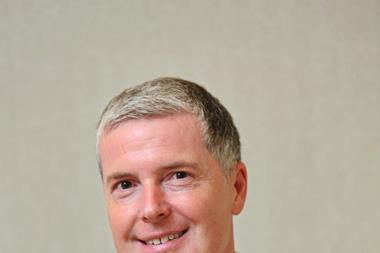
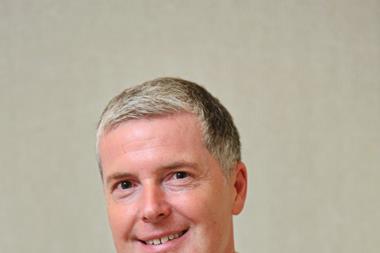
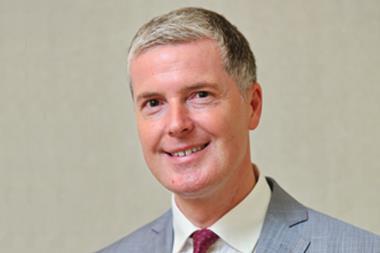
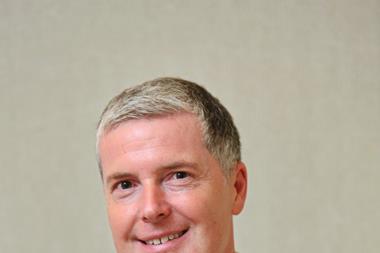









No comments yet